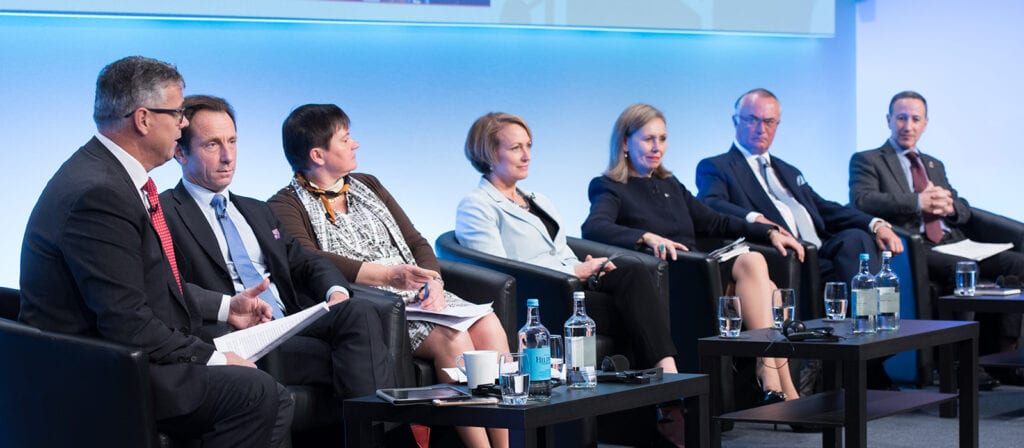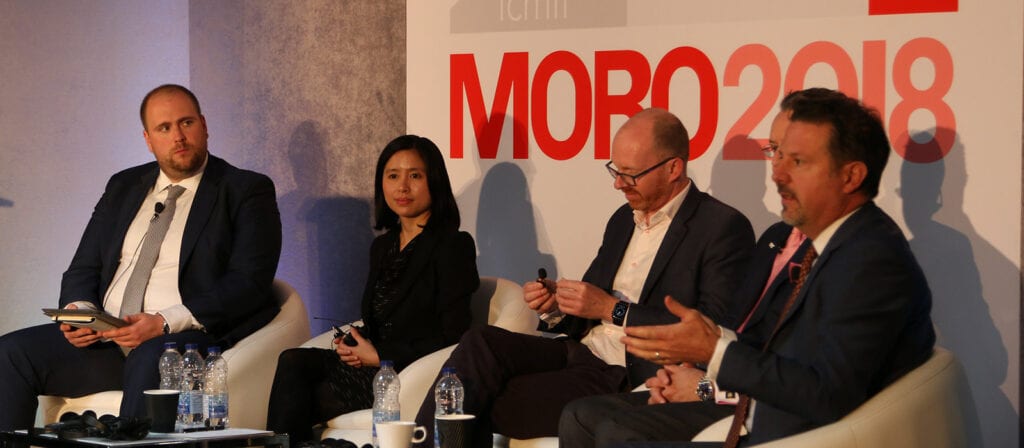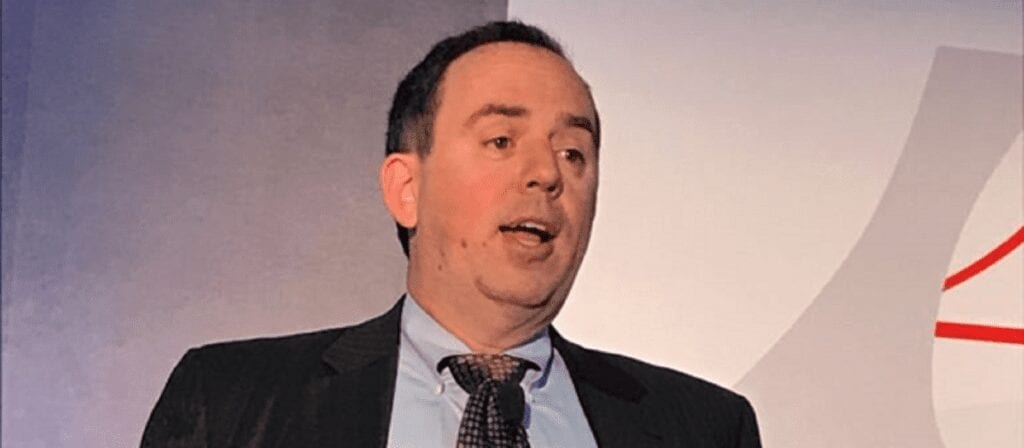In order to thrive in the future, the insurance industry needs to innovate right now. Recent times have presented some unprecedented challenges. The rapid pace of change will not slow down and may even increase. Digital disruption is playing a significant part, and it is happening in all countries. In fact, digital technologies may enable emerging markets to leapfrog developed markets.
The world is shrinking, with fewer or no barriers to communication and business across borders. This has generated vast amounts of data: 90% of data in the world has been generated in the last two years. Data analytics is required to make unstructured data useful for companies and governments. Data and services have replaced chemicals and fuels as the most valuable commodities. Artificial intelligence (AI) and machine learning will spur a new revolution as significant as the Agricultural, Industrial and Digital Revolutions. There is also a shift of economic power to emerging markets; in particular, countries like China and India, which can have urban centres that are larger than some countries.
These phenomena – digitalisation, globalisation and urbanisation – create new, often intangible risks which insurers need to address. The insurance industry is largely data-driven, so it will be significantly disrupted by digital and data. It needs to move quickly assess risks and price sustainably.
If, however, the industry can harness big data, it has a huge opportunity. Technology will not replace the human aspect of insurance which requires complex social human interaction, but advanced analytics will help gain profound insights into risk, claims and risk management.
Meanwhile, the risk of cyber attacks is increasing as more government and industry activities go digital and more customers connect online. The estimated annual cost of cyber crime is USD 450 billion, and insurers are struggling with how to address the exposures. Urbanisation also produces more interconnected risks; economies are more efficient but are also more vulnerable to systemic catastrophic shocks.
A recent Lloyd’s study by the University of Cambridge – The Lloyd’s City Risk Index – noted that emerging, man-made risks such as cyber, market crashes and nuclear, are having a growing impact. The (re)insurance industry needs to respond to these man-made risks. Current macroeconomic effects have produced increased competitivity, but there is also growing protectionism, often in emerging markets, which is not healthy. Reinsurance could help fill the protection gap but protectionist laws and regulations limit its possibilities.
Weather-related losses have tripled since the 1980s and it is anticipated that the long-term trend of higher frequency and costs will continue apace. Annual losses for weather-related events (adjusted for inflation) have grown from USD 10 billion to USD 50 billion in the past decade alone. The insurance industry has to come forward through initiatives such as the Insurance Development Forum (IDF), to try and combat climate change and build resilience together. It also needs to help build resilience in businesses, communities and infrastructure, to work with governments, and to educate people.
Although it is believed that regulation can hinder innovation, the smartest, brightest people will continue to create and innovate. At Lloyd’s, regulation has never presented a hurdle to innovation, but it can encourage deeper thinking and can sometimes help the industry to grow. Conversely, regulation that closes down home markets is an issue because reinsurance requires the diversification effect of a truly global market.
Lloyd’s is also working to understand how to manage unlimited cyber exposures, relative to limited capital. The main problem arises when there is silent cyber coverage in existing policies. Lloyd’s is identifying the three most likely cyber attack scenarios and calculating the potential impact on different classes of insurance, so that it is aware of its exposures. It is advising against giving silent coverage because the industry cannot cope with unlimited exposures.
The insurance industry must be more innovative and invest more in research and development. Technology and the sharing of data passes power into the hands of customers, so insurers need to be aware of how to think about disrupting traditional practices; for example, moving away from annual general insurance policies and providing more flexible coverages. Future generations are more likely to trust companies like Apple than a local insurance company; this further strengthens the need for insurers to be more innovative.





